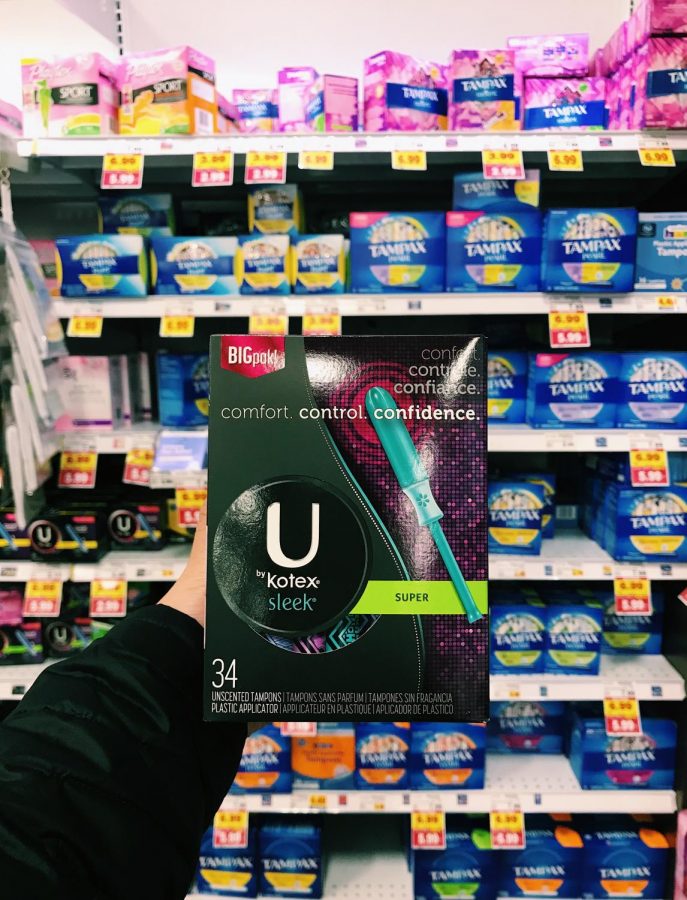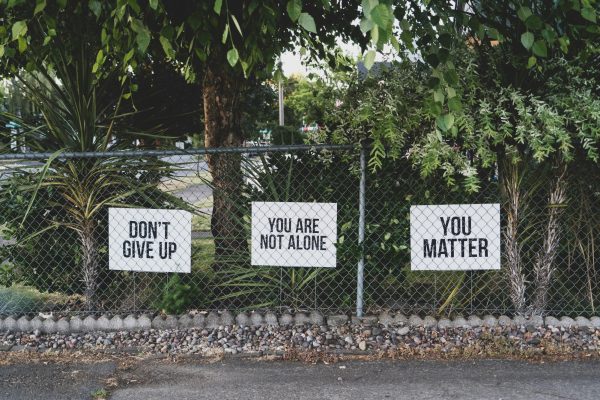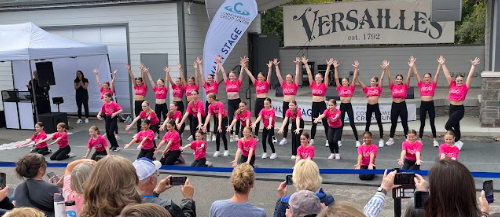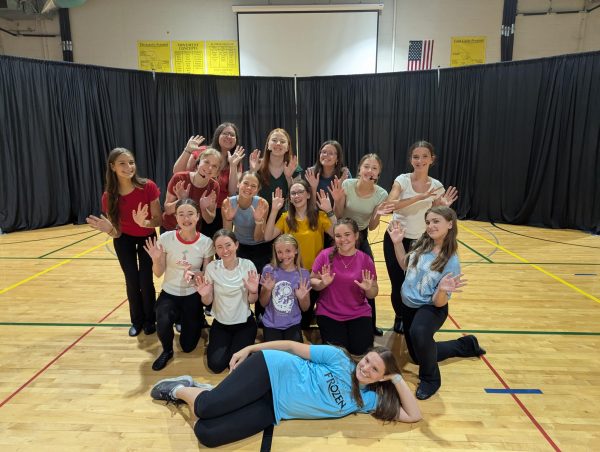The War on Menstruation
How do periods and lack of period products affect women world wide?
One of the many expensive products offered to American women.
Periods in America
Women have about 500 periods throughout their lifetime. The average female starts menstruating around the age of 13 and does not stop until menopause, which occurs around age 51. That is 38 years of having a period every month. Having a period comes with having to pay for feminine products. A single box of 36 tampons costs around $7. However, women don’t only use tampons. Some may use pads, liners, tampons, menstrual cups or a combination of the four. Periods are very expensive. Thirty-nine states in the United States tax tampons and other feminine products as a “luxury item,” making periods even more of a hassle and simultaneously expensive. The tampon tax is upsetting to many women in America. But is there a reason behind it?
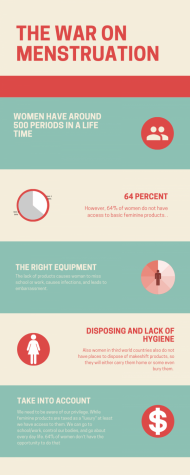
Periods in Third World Countries
In many third world countries, women are forced to hide the fact that they menstruate. Feminine products are not sold in those areas and women are forced to find ways to manage. Many are subjected to missing school and work due to the fact that they are on their period. Not only is this disrespectful to a woman’s biology, but it also ignores basic hygiene needs. Women who are deprived of feminine hygiene run a higher risk of getting an infection.
According to Hindawi.com women get urinary tract infections because of the way they manage their period. Such as cloth rags, reusable tampons are made of raw materials, bamboo fiber pads, and banana fiber pads which include cow dung. These homemade products are unsanitary due to the materials they contain. Also, women do not have access to proper disposal devices. Menstrual products (makeshift or not) are most of the time wrapped up and taken home, left around toilets, thrown in the street, or sometimes even burnt. One student said, “For me, I go to school [while menstruating] but only for half days…during break time I go back home.” This is a reality for millions of girls around the world. Many’s educations are interrupted because of a natural thing that they have no control over.
Reasoning With the Tax
Women in America are fortunate to have access to sanitary products, but a “Luxury” tax is placed upon the products. According to Investopedia, “A luxury tax is an ad valorem tax placed on products or services that are deemed to be non-essential or unneeded.” Feminine hygiene products are a necessity when it comes to staying sanitary and safe. Access to feminine products is not a luxury but a way for women to tend to their bodies, continue their everyday schedule and perform basic hygiene.
The Myths and Misconceptions
In many countries, women have to hide menstruation from the men of the household. This is due to either religious beliefs or cultural beliefs. Many men associate periods with witchcraft, which is completely false. Also, while menstruating some women are forced to stay indoors, not handle food, and stay away from gardens and churches because they are thought to be unclean.
How Can We Help?
Menstruation is completely normal and natural. One way we can help is by educating the public on menstruation and breaking the myths and misconceptions.
Also, we could help by donating feminine products to underdeveloped countries. This would make periods a less lonely and impure time for women there. It would also lower the risk of infections and allow women to continue about their normal day.
Most importantly, we can be aware of the challenges that we don’t face daily. We should be aware of our privilege. One good resource to see our privilege as well as get educated about the war on menstruation is the documentary Period. End of Sentence. on Netflix. It is set in Hapur, India and describes the menstruation stigma in the rural areas. Women in the film discuss their experiences with menstruation and how difficult it is to deal with without access to certain materials and resources we have.

Jeri Ireland is a freshman at Woodford County High School. This is her first year as a staff reporter on The Jacket Journal. Jeri started off her freshman...

